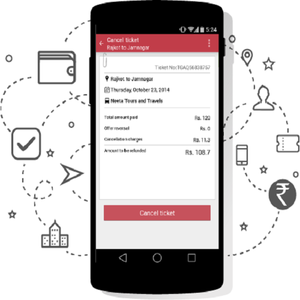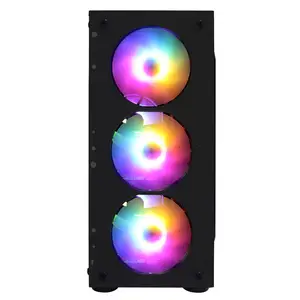Introduction to Multi Level Marketing Websites
A multi-level marketing (MLM) website serves as an essential platform for businesses looking to sell products directly while employing a network of distributors or sales representatives. This model allows entrepreneurs to earn commissions not only from their sales but also from the sales made by their recruits, creating a powerful network of income potential.
Designed with functionality and user engagement in mind, a well-constructed MLM website can significantly enhance business operations, streamline recruitment processes, and provide comprehensive support to the sales force. Let’s delve into the key features that make multi-level marketing websites vital for success in today's competitive market.
Types of Multi Level Marketing Websites
- Standard MLM Websites: These provide the fundamental features needed for selling products and signing up new distributors.
- Advanced E-commerce MLM Websites: Equipped with advanced e-commerce solutions, these sites offer automated processes for order management, payments, and customer service.
- Custom MLM Websites: These are tailored to meet specific business needs, incorporating unique branding, functionality, and marketing tools.
- Mobile-Optimized MLM Websites: With increasing mobile usage, these websites ensure that users have a seamless experience across all devices, making it easier for distributors to manage their sales on-the-go.
Functions and Features of Multi Level Marketing Websites
- User-Friendly Interface: A well-designed interface allows users to easily navigate the site for product browsing, ordering, and recruitment processes.
- Real-Time Analytics: This feature provides insights into sales performance, helping distributors track their earnings and growth.
- Automated Marketing Tools: Equipped with email marketing, social media integration, and SEO tools, these websites help in reaching a larger audience effectively.
- Secure Payment Systems: Robust payment gateways enable safe transactions for both the company and its customers, building trust and reliability.
- Training and Resource Centers: Comprehensive support through training modules and resources empowers distributors, enhancing their selling capabilities.
- Compensation Plan Visualization: Clear presentations of the compensation structure help potential recruits understand the earning potential, boosting recruitment efforts.
Applications of Multi Level Marketing Websites
- Product Sales: MLM websites facilitate direct sales of products to consumers, minimizing intermediary costs.
- Recruitment: These websites act as a hub for potential recruits to learn about the opportunity to join the MLM network.
- Customer Engagement: With integrated marketing tools, businesses can engage customers through personalized offers and communications.
- Inventory Management: Streamlined processes help manage stock levels and fulfill orders efficiently to meet consumer demand.
- Community Building: MLM websites often include forums or discussion boards, fostering a sense of community among distributors and customers.
Advantages of Using a Multi Level Marketing Website
- Cost Effectiveness: Reduced marketing and distribution costs can lead to higher profit margins for the company.
- Scalability: A robust online presence allows for easy expansion in terms of both customer base and distributor network.
- Flexible Income Potential: Distributors can earn revenue through their sales and by recruiting others, maximizing their earning opportunities.
- Automation: Many processes are automated, allowing distributors to focus more on sales rather than administrative tasks.
- Global Reach: An online platform enables MLM businesses to tap into international markets, diversifying their customer base and increasing brand exposure.































































































































































 浙公网安备 33010002000092号
浙公网安备 33010002000092号 浙B2-20120091-4
浙B2-20120091-4